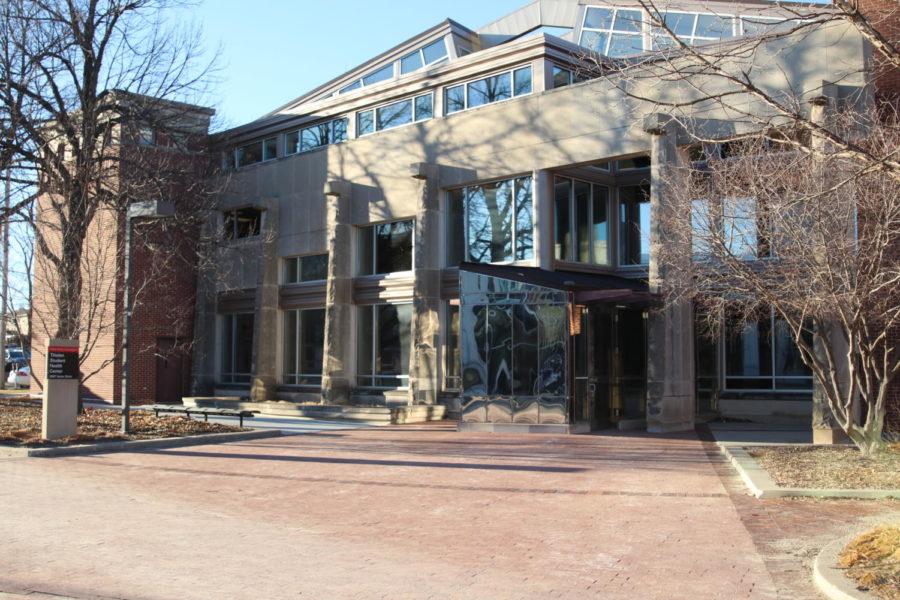Thielen Student Health Center hopes to provide more services for transgender students
Thielen Student Health Center offers students various services relating to physical and mental health.
February 21, 2017
Providers at the Thielen Student Health Center are re-evaluating services for the transgender and gender nonconforming communities to be more inclusive with the help of LGBTSS and the University of Iowa.
The student health center is in the midst of a learning process while educating itself on the transgender and gender nonconforming community.
“To be honest, it’s been a learning process for our staff too,” said Erin Baldwin, director of the student health center. “We’ve been working to become more knowledgeable about the health care needs of our transgender and gender nonconforming students.”
While going through the training, administrators at the student health center are restructuring their services and working with community members to get a comprehensive grasp on LGBTQ+.
LGBTSS reached out to the student health center before it launched its Trans@ISU website guide to help transgender students navigate their lives at Iowa State.
“They are who they are,” said Laura Knowles, nursing and patient services supervisor at the student health center. “They deserve to be treated with dignity and respect no matter what, no matter where.”
Two of the points of contact on the page are Knowles and Lois Smith, registered nurses at the student health center, who both attended Safe Zone Training. According to the Safe Zone Project website, Safe Zone Training is “LGBTQ awareness workshops.”
Knowles and Smith learned about terminology, concerns within the community, being willing to apologize and being open to learning more about the community.
“For a lot of transgender and gender nonconforming students health care can really be a potentially scary, frightening, uncertain experiences where students may have a variety of barriers,” Brad Freihoefer, director of LGBTSS. “They may not have access to certain aspects of their health needs.”
Since they received sensitivity training, Knowles and Smith have pushed the Thielen Student Health Center to be more inclusive, starting with names.
“We have a passion for making sure that people are very comfortable and feel welcomed with us,” Knowles said.
When students make their first appointment with the Thielen Student Health Center they are able to write in their chosen name. That name is then used on all of the charts that providers see.
While providers have been included in multiple discussions about transgender and gender nonconforming services, administrators at the Thielen Student Health Center hope to enroll the entire staff in Safe Zone Training this summer.
“The students are very thankful,” Knowles said. “They’re happy that somebody genuinely cares and we are making strides to improve the services and the quality of services they get.”
Students who identify with the transgender and gender nonconforming community have to go to the University of Iowa for more intense health care, but the Thielen Student Health Center is trying to change that.
It is communicating with the University of Iowa’s hospitals and clinics about receiving training so it can start providing hormone start programs at Iowa State, but no timeline has been set.
“We know [students] are traveling right now, and they have to travel for that care,” Baldwin said. “To have to go all the way to Iowa City or Des Moines to get this care, we know that pulls students away from classes, studying and work. It’s really our goal and commitment to make that service here on campus.”
Students can now receive their hormone injections and medications at the Thielen Student Health Center, but the clinical planning process is not an option. Bringing the hormone start program to Iowa State would allow the Thielen Student Health Center to take in more students and ease the burden on the University of Iowa.
“When we have needs brought forward to us as needs by our students, we have a commitment to investigate those and see if it makes sense to bring in house,” Baldwin said. “We can’t be everything to everyone, but this is definitely a patient population that we feel passionate about and want to be able to provide services to.”
















